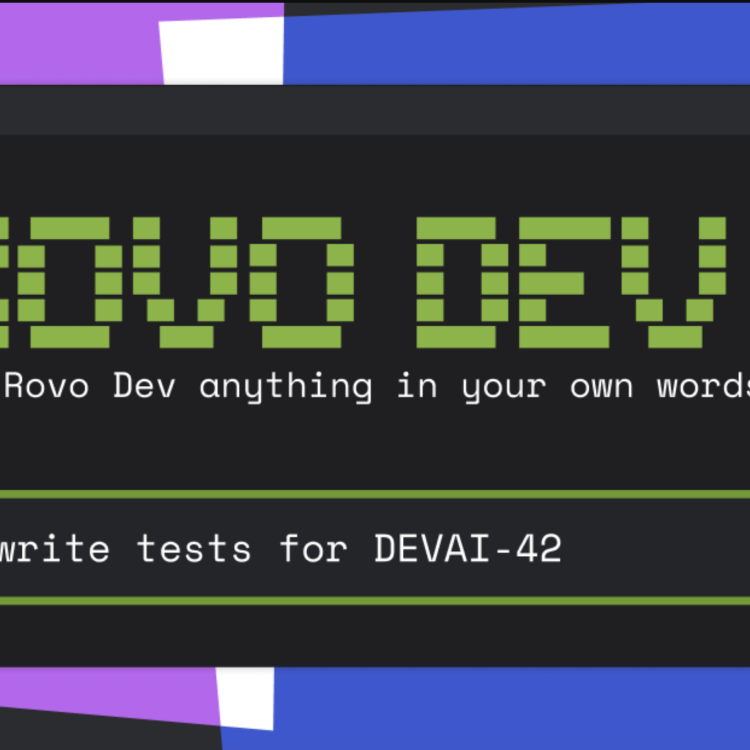We have several PhD, Research Assistant (RA) and master research thesis’s opportunities available in areas such as Multimodal Large Language Models (MLLM) for human understanding, MLLM safety, and Generative AI.
If you have published in top-tier conferences (e.g., CVPR, ICCV, ECCV, NeurIPS, etc.), you will have a strong chance of receiving a full PhD scholarship.

